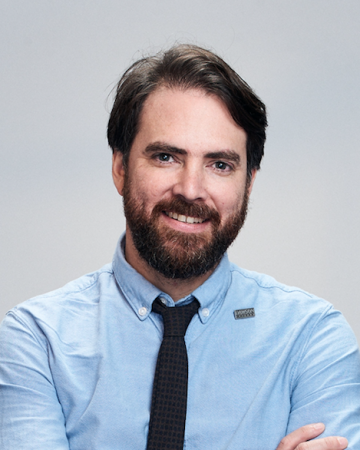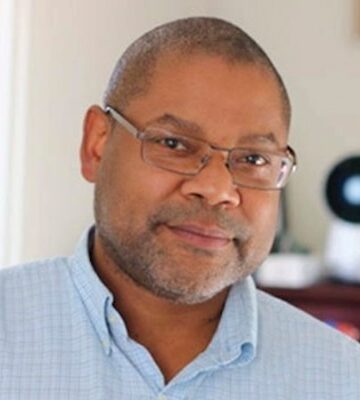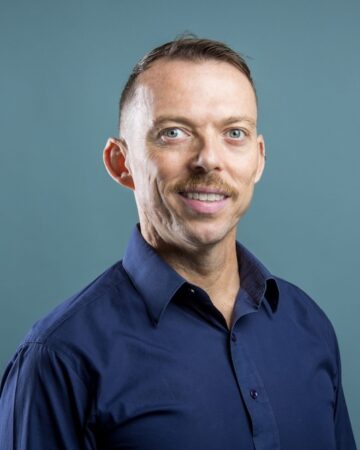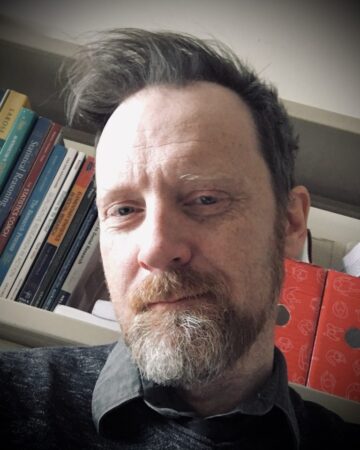Webinars and Talks Part 2
Artificial Intelligence and Academic Integrity: Offloading or Overloading?
In this second webinar on Artificial Intelligence (AI) and academic integrity, we welcome Joel Trudeau and Robert Stephens who join our previous panellists, Brian Smith and John Paul Foxe.
Since 2019, Trudeau, Stephens, and their Dawson College colleagues have been preparing for the generative AI explosion through the creation of the College’s AI initiative, a type of “think tank”. In this webinar, Trudeau and Stephens will join Smith and Foxe to address some of the challenges identified in the first webinar. Starting with the question of offloading vs. overloading, the panel will present a principled roadmap for identifying considerations and preparing for the firehose of changes that is to come. This will include a discussion of the knowledge and skills that students must learn vs what can be off-loaded (and when), as well as implications for assessment. Lastly, the panel will present some of the ways that AI tools, such as ChatGPT, are currently being used in both the local initiative at Dawson, and at the other institutions, including Boston College and Concordia University.
NOTE: To engage fully in the upcoming conversations, we encourage you to click here and check out webinar #1 (presented Oct 20th), if you haven’t already done so. In that session, Dr. Smith and Dr. Foxe provide an excellent primer on the history of AI and a clear description of issues involved in academic integrity.
Presenter(s)

Joel Trudeau
Physics, Dawson College, MontrealSince 2004 Joel Trudeau has taught in the Physics Department at Dawson College. He is project co-lead of the DawsonAI Artificial Intelligence initiative and founder of SPACE, an interdisciplinary student enrichment para-academic project. His work in education lies in the intersection of sciences, arts and technology, fostering an integrative approach to teaching and learning. Joel has led and collaborated on numerous research projects, primarily focusing on design-based, active, and experiential learning. With his collaborators he is committed to helping students develop vital skills to thrive in the AI era.

Brian Smith
Honorable David S. Nelson Professor and Associate Dean for Research, Boston College, Chestnut Hill, MABrian K. Smith is the Honorable David S. Nelson Professor and Associate Dean for Research at the Lynch School of Education and Human Development at Boston College, MA. His research interests include the design of computer-based learning environments, human-computer interaction, design sciences, out-of-school learning, and computer science education.

John Paul Foxe
Senior Director of the Centre for Teaching and Learning (CTL), Concordia University, MontrealJohn Paul Foxe is the Senior Director of the Centre for Teaching and Learning (CTL) at Concordia University, where he is responsible for the strategic direction of the CTL along with the Lab for Innovation in Teaching and Learning (LITL). John Paul has spent his entire career working at universities, with a focus on teaching and learning. He is particularly interested in academic integrity, having spent seven years as the Director of the Academic Integrity Office at Toronto Metropolitan University. He holds an MSc and an MA from York University and Toronto Metropolitan University respectively, and a PhD from York University.

Robert Stephans
Philosophy and Humanities Teacher, Dawson College, MontrealRobert Stephens teaches Philosophy and Humanities at Dawson College, and is the current Coordinator of the ALC Arts & Culture Profile. He has a PhD in Philosophy from McGill University, where is dissertation was focused on defending a computationalist theory of human cognitive architecture, in which problems faced in the development of AI are used to help illuminate how the human mind is organized, and how human cognitive limits may in turn be usefully studied to inspire new designs for artificial minds.
Additional Information
- Organizer
-
SALTISE
- Language
-
English
- Fee
-
Free
- Useful resources